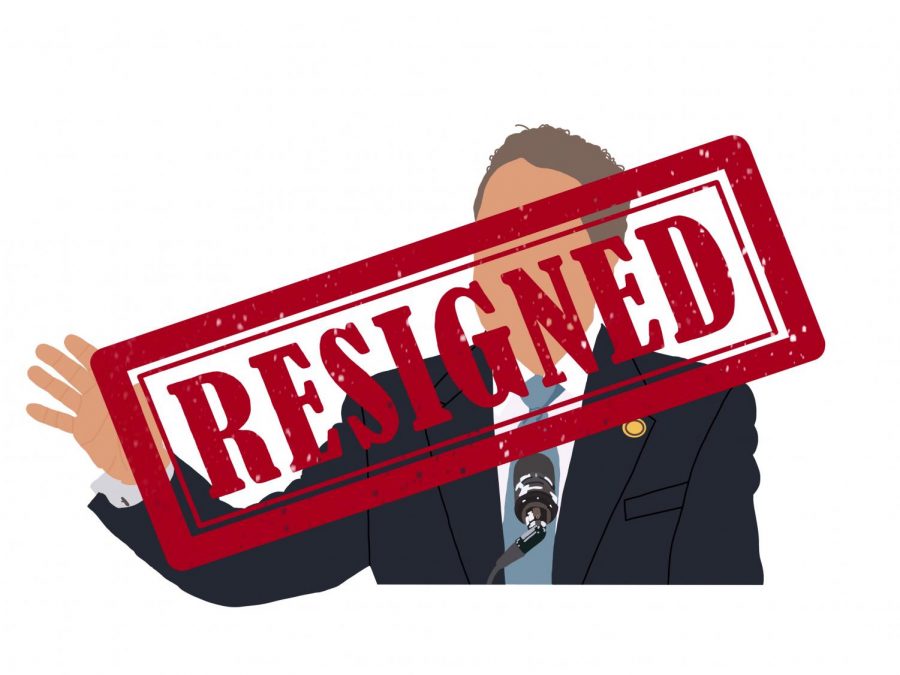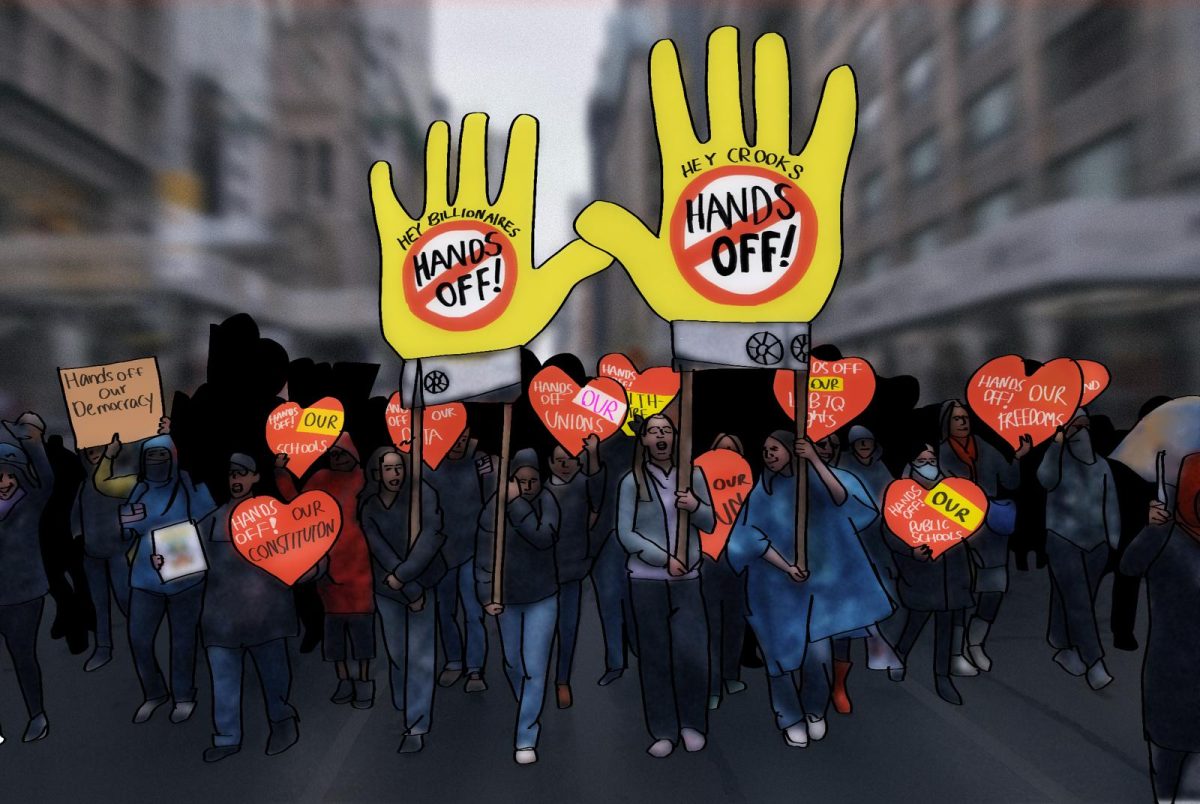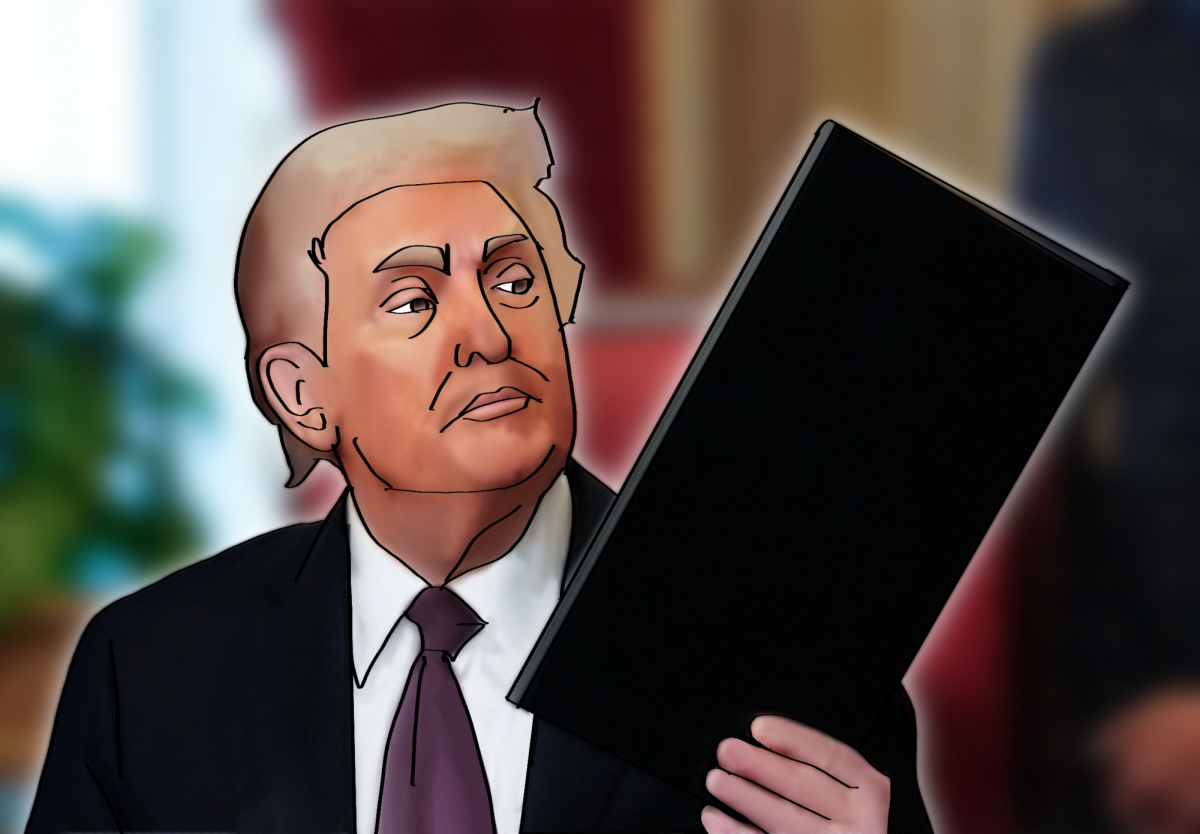Once Hailed as a COVID-19 Hero, Disgraced New York Governor Andrew Cuomo Resigns
Former Governor Andrew Cuomo has resigned after a series of sexual harassment.
Aug 30, 2021
Once deemed the all-star hero against COVID-19, New York Governor Andrew Cuomo resigned from office in early August after three terms of service. The resignation comes after months of sexual harassment allegations from multiple women and a detailed report from the state attorney’s office, which determined that the governor did indeed engage in such acts.
Governor Cuomo, usually a stringent political figure, made a name for himself during the testing early stages of the pandemic. When the country lacked a leader in the White House who was ready to handle the pandemic accordingly while also instilling confidence in the people, Andrew Cuomo took on that role. Always highlighting his state being “New York Tough”, his daily press briefings made people across the country feel like they had a grip on the situation or at least understood it. He understood what was at hand and faced the battle head-on rather than mirroring other political figures who were gearing their efforts towards waving the issue away.
“It’s important for people in power and in our government to understand that they serve as an example for the masses. Someone who has done bad things should not be in power. I think it’s good that Cuomo resigned. People shouldn’t get away with things just because they have powerful positions,” junior Carla Nuñez said.
Aside from seeming to have handled the pandemic well, Cuomo showed to have a pretty solid track record. Some of his most notable accomplishments as governor include legalizing gay marriage and raising the minimum wage in his state to $15. Governor Cuomo had served two full terms and was one year away from completing three. Additionally, he was on the path to a fourth term with talks of a run for the presidency in the near future. However, things went downhill quite quickly.
The first significant backlash Cuomo received was after he dissolved a panel that investigated the corruption in campaign spending and funding for New York politicians in 2014. Such action automatically raised eyebrows as people were skeptical as to why he would shut down a committee whose ultimate goal was to weed out public corruption. His involvement in the misuse of campaign funds was uncertain, but such suspicion proved to be well-founded when an impeachment investigation found that the governor had illegally used state resources for the writing of his personal book.
Then, soon after emerged as the nation’s pandemic leader, the New York State Assembly found that Cuomo and his administration were concealing data on COVID-19 related deaths in nursing homes. The public’s trust in Cuomo was immediately tested, as the sensitivity of the issue made people question whether he was really a knight in shining armor or just another politician who would do everything and anything to boost his ratings.
Within the past few months, Cuomo’s name is seemingly no longer accompanied by positive news. Sexual harassment allegations came from 11 different women – most of whom worked with him in the past. The allegations ranged from Cuomo making inappropriate and sexual comments to claims of inappropriate touching and non-consensual kissing. What was most shocking about these allegations was how Governor Cuomo had previously aligned himself with the #MeToo movement – a movement that has helped women across the world share their sexual assault stories and hold their attackers accountable.
When the number of allegations continued to increase and the governor was forced to respond, he admitted that he might have crossed the line, but denied having harassed any woman. He blamed his affectionate Italian culture for his misinterpretation of work-related relationships, an excuse not-too-believable. Once the allegations were proven to be true by the state attorney’s investigation and it just became too embarrassing for Cuomo and his family to bear, the Governor resigned, claiming that he did not want to “paralyze” the state of New York to stay in power. Though it would be nice to believe the selfless reason that he gave his former constituents, Cuomo most likely resigned to not risk a humiliating impeachment.
Taking his place will now be Lieutenant Governor Kathy Hochul, the first woman to serve as Governor of New York. Aside from Cuomo’s confirmation that Hochul is ready to fill his position, Congress Majority Leader Chuck Schumer and New York’s Senator Kristen Gillibrand have expressed their support for her, feeling confident in her ability to govern.
It is reassuring to see how women like those victims of Governor Cuomo have been able to share their stories and take down one of the most influential governors in the country. A man of once-great stature is now receiving the backlash he deserves. Misconduct like this cannot and should not be tolerated. Just because one is in a position of power, does not mean that they can cross lines of respect and consent as they wish.












